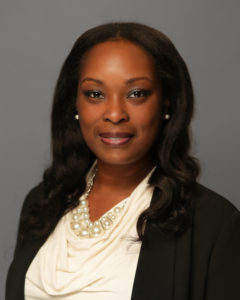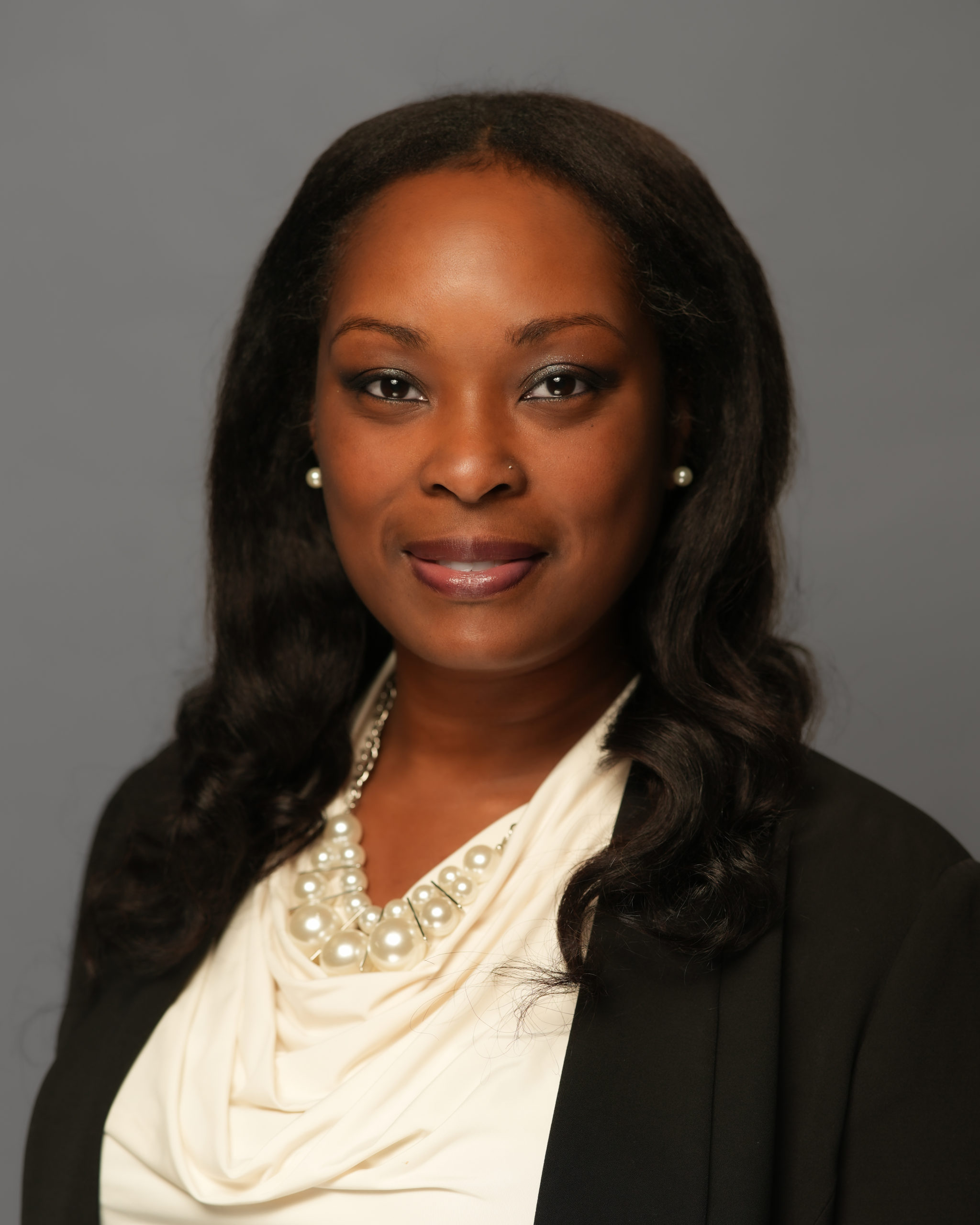 In honor of Women’s History Month, we continue our series spotlighting women in leadership at Alexander Youth Network. Today, we are highlighting Alexander’s Senior Psychologist, Na’imah Sedegah, Ph.D. Dr. Sedegah’s story is a powerful example of resilience, determination, and the importance of representation in the mental health field.
In honor of Women’s History Month, we continue our series spotlighting women in leadership at Alexander Youth Network. Today, we are highlighting Alexander’s Senior Psychologist, Na’imah Sedegah, Ph.D. Dr. Sedegah’s story is a powerful example of resilience, determination, and the importance of representation in the mental health field.
In this blog, Dr. Sedegah reflects on her journey into the mental health field in her own words, sharing insights and lessons learned along the way:
Hi, I’m Dr. Na’imah Sedegah and I’m the Senior Psychologist here at Alexander Youth Network. My interest in mental health dates to my childhood. As a young, African American girl growing up in inner-city Baltimore, I personally witnessed the devastating effects of drugs, violence and poverty and the impact it had on individuals, families, and the community where I lived. As a teenager, I remember creating an inventory of questions for my friends to complete about their views on dating and relationships. My curiosity for why people argue, fight and engage in self-destructive behaviors perplexed me. That was the unofficial starting point for me in becoming a licensed psychologist.
That was a unique time in my life where I began to question my future and where I would end up. I became deeply concerned about the emotional and psychological injury that took place in my neighborhood and how so many people were left scarred by stressful and life-threatning situations. However, it wasn’t until my first year of college that I realized that becoming a psychologist was a viable career pursuit. So, I spent the next few years learning about the field, taking psychology courses, working as a research assistant and working part-time in several different mental health settings. I was drawn to working with children and became particularly interested in mental health stigma and issues related to help-seeking behaviors in the underserved population.
“As an African American woman psychologist, I wanted to make meaningful contributions to the field from my worldview.”
It’s such an honor and dream of mine to be in the field of psychology and I believe that my presence in the field is so important. To start, Black mental health professionals are underrepresented in the workforce. According to the most recent data from the American Psychological Association, only 4% of psychologists in the United States are Black. Unfortunately, there is not much diversity in the psychology field. Historically, the field of psychology was birthed and has been dominated by white males. As such, the deficiency, pathology, and inferiority of people has been perceived and interpreted primarily through the eyes of white men. As an African American woman psychologist, I wanted to make meaningful contributions to the field from my worldview. My representation is so important in the mental health field because of this lack of diversity and the fact that many people who do not identify as white male are reluctant to seek services due to a fear of being labeled, stigmatized, pathologized or just plain ole misunderstood.
Serving youth and families at Alexander is so rewarding for me due to the sheer fact that I love paying it forward. I could have been one of these kids. Mental, emotional, and behavioral disorders in childhood can cause long-term problems that may affect the health and well-being of that child, their families, and society as a whole. My work is so rewarding because I get to help change their trajectory and the world one kid at a time.







